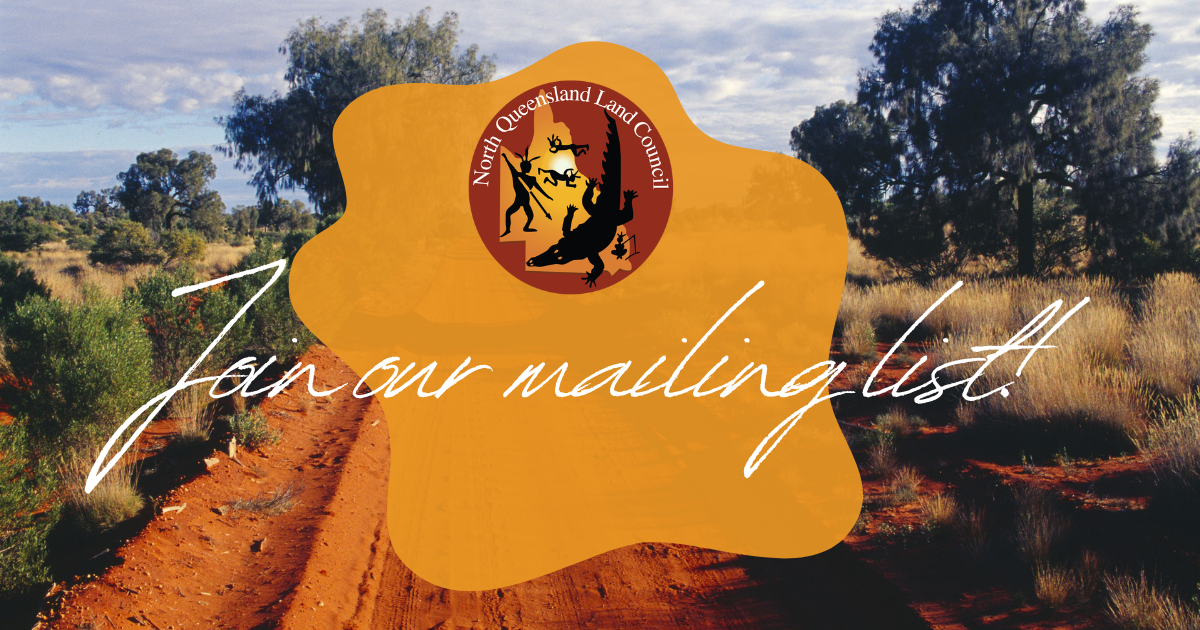EDST Update (2022-Q2)
Engagement and Development Support Team Update
As the EDST has previously reported, the changes to the Native Title Act and CATSI Act in March 2021 have led to significant work being undertaken. This is largely the PBC Support Unit (working with ORIC) to develop a best practice rule book for PBCs to consider, to meet these legislative changes. Reviewing the PBCs’ rule books brought with it the opportunity to discuss their future needs and build these into not just their rule books, but their negotiated agreements and overall governance structures.
The hybrid of virtual and face to face meetings to suit the nature and substantive content of the meetings with clients has continued, despite the restrictions flowing from COVID having been lifted. EDST is seeing many PBCs structuring their business with regular monthly meetings held exclusively on a virtual platform and some PBCs have also adopted this as a preferred platform for negotiations, utilising virtual breakout rooms and other strategies for best practice negotiations. EDST is still reviewing the suitability of regional workshops/forums that we can deliver in the second half of next year.
FAME Unit is also developing a FAME Toolkit and together with PBCSU, are developing a tailored training delivery method for both the toolkit and PBC governance training, which can be delivered both face to face and virtually.
The pilot project to assist PBCs to respond to all their future act notices reported on in 2021 has continued with 5 PBCs and is going well. We are now looking to streamline this process and ensure there is access for all PBCs during the next financial year. Stage two of this project will be looking at converting it to an online tool for access by PBCs. Discussions have commenced with other representative bodies as well to assess their online systems and how these two projects could be integrated.
We look forward to continuing to work with you throughout 2022 in whatever format that may be!
Regards,
Jules
Julia (Jules) Taylor
Senior Legal Officer – Acting Manager, Engagement and Development Support Team
Future Acts, Mining and Exploration Unit
2022 is continuing to provide for some very diverse projects across the NQLC region, including those detailed below, which are anticipated to provide some real commercial opportunities for PBCs. Some of these agreements have now reached agreement in principle stage and FAME Unit will be proceeding with authorisation meetings over the next few months to finalise these matters, others have recently been authorised.
One of the key agreements reached was for a co-management agreement with Queensland Parks and Wildlife Service (QPWS) which was registered in May 2022. The Native Title landscape for national parks and conservation parks that were created post-Wik will, over time, all require ILUAs as the State cannot rely on the other sections of the future act regime which are often critical to park management. Where there are older parks some other PBCs have also settled on co-management agreement terms without the need for an ILUA. These relationships and engagement with QPWS are already seeing real opportunities for some PBCs to subsequently be successful for land and sea funding.
FNQ and NQLC’s statutory region is turning into the city of wind and sun for the Queensland Government’s move toward 100% renewable energy by 2030. The FAME Unit has seen three windfarms through to ILUA authorisation so far in 2022 and have multiple other renewable and large infrastructure projects that are in various stages of negotiations. The size of these kinds of agreements have had NQLC working closely with PBCs to provide assistance to ensure that they are ready for implementation. As noted in the PBC update, tailored business planning is being undertaken and external advice is also being provided where groups are having to consider setting up operational arms and in some instances trusts. Considerable work is also being undertaken in assisting with the development of governance and operational policies and procedures to ensure that there are processes in place for the PBCs to grow with.
It should also be noted that currently the CATSI Act is not flexible enough to be able to have an operational arm as a subsidiary of the PBC under the CATSI Act however, this was one of the 72 changes noted in the PBC report below which may in the future mean that corporations will have the choice as to whether to set up operational arms under the CATSI Act rather than ASIC and navigate two sets of rules. Unfortunately, this legislation did not pass before caretaker mode and we are now waiting to see what happens with the new Labour Government. This timing means that some of the PBCs working with these large agreements will be navigating between the CATSI Act, Corporations Act and Australian Charities and Not-for-profit Commission to ensure that PBCs have structures in place to protect their assets and their People.
The FAME Unit has also been incredibly busy with respect to future acts and other cultural heritage matters. Many future act notices only give claim groups and PBCs the rights to comment under the Native Title Act, but the activity that will be permitted under the future acts will have a large impact on cultural heritage, or where there are no native title rights (i.e. freehold). This leads to the negotiation for comprehensive cultural heritage management agreements and plans. Some of the large-scale projects that don’t give rise to a right to negotiate have also included benefits within the cultural heritage management agreements themselves as community benefits for the impacts of the various projects.
Please continue to contact us directly at fameunit@nqlc.com.au for any assistance.
Prescribed Body Corporate Support Unit
There are currently 31 PBCs in the NQLC region. With the progression of claims, we may see another 2 PBCs next financial year and PBCSU is working in with the Claims team for the development of rule books in advance of these future determinations.
The PBCSU has largely completed the PBC Support Funding process for next financial year and has successfully transitioned all but a very small number of PBCs to Standard Process Agreements. Under a Standard Process Agreement responsibility for the administration and expenditure of PBC Support Funding is now in the hands of the individual PBC.
The PBCSU is also investigating grant funding options that will support the filing of applications with local governments to address the various planning constraints preventing PBCs from realising common law holder development aspirations. Without external funding or other sources of income the costs of obtaining these local government consents are generally beyond the capacity of most PBCs. Local government planning approval is a crucial step towards generating a return – whether economic, social or cultural – on appropriate land held by PBCs.
The PBCSU will continue to ‘check in’ with PBCs on an occasional basis to ensure they are functioning smoothly and discussing where NQLC can provide them with practical assistance. Officers from the PBCSU recently met with several PBCs as part of capacity building site visit. The site visit concluded with requests for regular meetings throughout the year with officers from the PBCSU to receive feedback and assistance on corporation related matters.
The PBCSU continues to offer ongoing assistance through the engagement of strategic planners, business planners and land planners to provide a framework for the management and economic development of their native title rights and interests and other assets, consistent with their communities’ aspirations and expectations.
If you have any questions in relation to your PBC please contact the PBC Support Unit at pbcsupport@nqlc.com.au.







